A question we get a lot is whether Social Security disability overpayment is dischargeable in bankruptcy.
The short answer to this is “yes,” a Social Security overpayment is treated like any other unsecured debt. There are exceptions to the dischargeability of a particular debt under Section 523 of the Bankruptcy Code and exceptions to the discharge as a whole under Section 727 of the Code.
Specifically, this mean that fraudulent behavior can result in a finding that this Social Security debt is not dischargeable.
Overpayment issues typically arise in disability cases when a claimant continues to accept and receive disability payments even after returning to work. The question then becomes an issue of whether the debtor/claimant knowingly, and with intent to deceive the Social Security Administration, continue to accept disability payments even when not entitled to do so.
If the answer is yes, the overpayment may not be dischargeable. However, there are many factors that go into determining intent. If you think Social Security overpayment may be an issue in your bankruptcy, do not hesitate to call and ask! I will be more than happy to answer your Social Security and bankruptcy questions.

